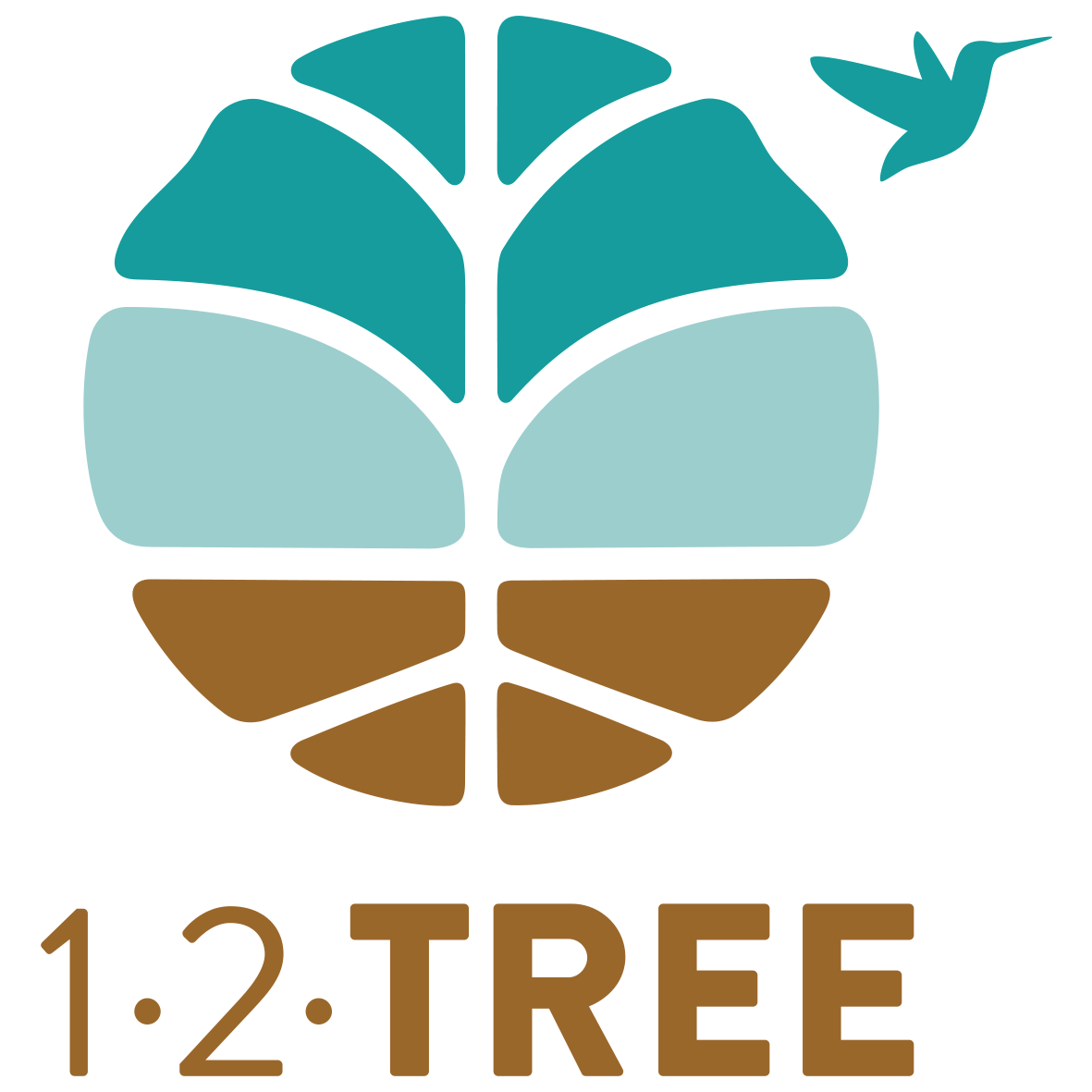Maquencal is located in one of the world’s ecosystems with the highest priorities for conservation: the tropical dry forest.
Dry forests have been the preferred zones for agriculture and human settlement in Mesoamerica, the Caribbean, and South America and are amongst the most heavily utilized, perturbed, and least conserved of the large tropical ecosystems. With so little of its area intact and even less protected, the tropical dry forest ecosystem is currently one of the most threatened ecosystems in the world. In Colombia, 92% of its original cover has been lost and only 5% of what remains is under protection. This ecosystem is home to important species such as the cotton top-tamarin, an endemic Colombian primate, and the redlegged tinamou, a threatened species in the Caribbean region of Colombia.
When 12Tree acquired Maquencal in 2018, the farm was a cacao monoculture with low productivity levels and high pest incidence. To restore the productivity of the farm while providing habitat for biodiversity right from the start, the objective has been to rehabilitate the land in ways that enhance the richness of biodiversity, reduce greenhouse gas emissions, and enhance resilience to climate change. In short, moving from nature-negative to nature-positive farming.
Pollinators are an important element of crop associated biodiversity
To start, existing areas of naturally regenerated forest and gallery forests within the farm were protected and excluded from agricultural production. In terms of farm productivity, maintaining these habitats is key to boosting crop pollination and natural pest control because they provide food and nesting areas for pollinating and beneficial predatory insects. At the landscape level, these areas are extremely important for encouraging the movement of forest organisms (primates, mamals, birds, etc.) among the remaining patches of natural vegetation.
Recognizing the challenging weather and soil conditions of the site (a 4-month dry period, sandy soils with poor structure and organic matter content), it was necessary to redesign the agroecosystem so that it functioned on the basis of a new set of ecological processes. Nitrogenfixing cover crops native to the area were identified and are being planted below the canopy of the cacao trees to jumpstart natural processes of soil restoration. This reintroduction of diversity through cover crops provides a proactive approach to farm management: focusing on preventing problems before they occur, rather than trying to control them after they happen. Among the many other benefits, cover crops suppress weeds and thus reduce the need for herbicides, while at the same time helping to attract beneficial species and thereby reducing the need for pesticides and chemical inputs.
When analyzing the effect that these practices have at the landscape level, today Maquencal is a more biodiversity friendly agroecosystem in the sense that it facilitates interpatch migration. For example, this cacao plantation may not provide the appropriate habitat for a particular orchid species, but it does provide a habitat that will allow the movement of pollinating euglossine bees, effectively facilitating the mixing of genes between patches of appropriate habitat in the landscape.
This article is an extract of the 2022 12Tree Sustainability Report. Download the report to learn more about our regenerative approach to farming illustrated in several farm case studies, articles and partner interviews.



